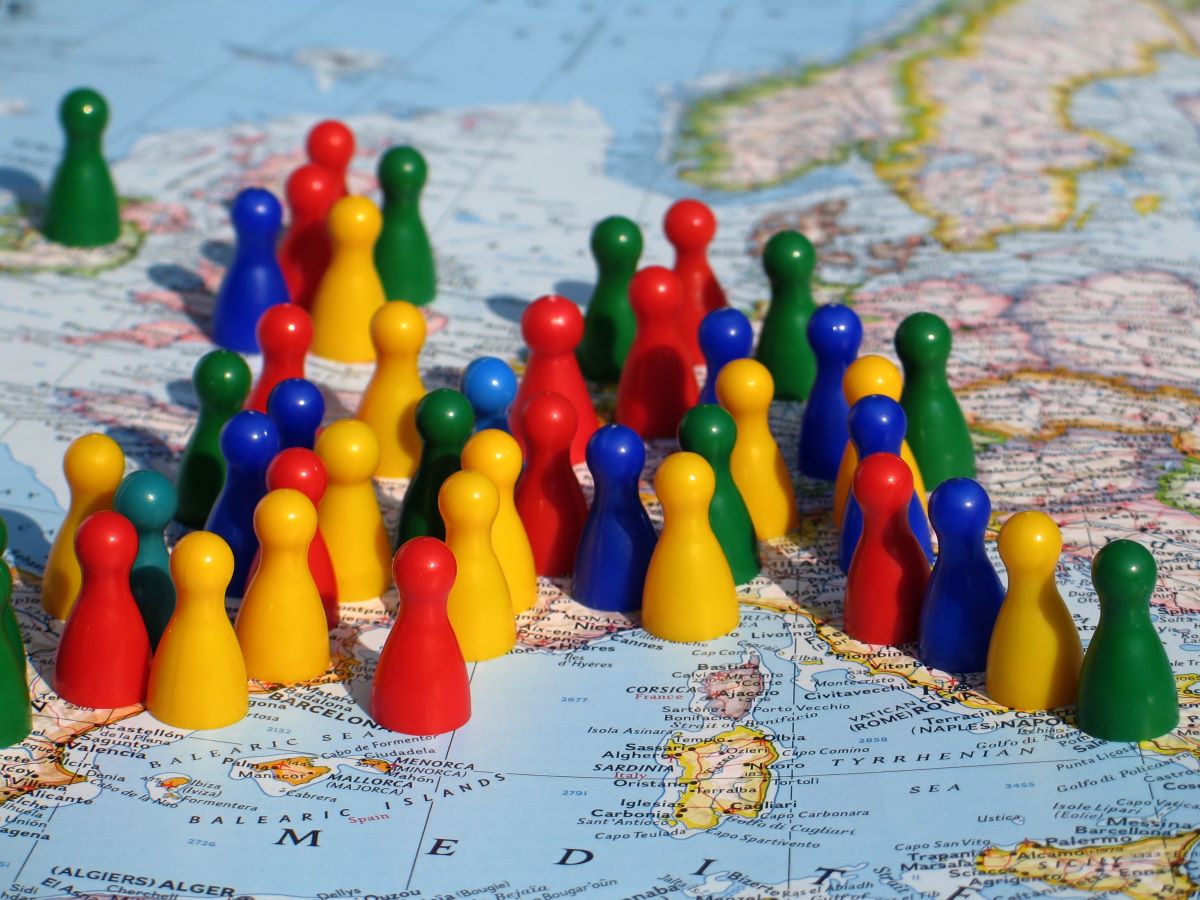World Population Day is observed every year on July 11th to raise awareness about the challenges and consequences of global population growth. The day aims to highlight the importance of population issues and promote discussions on sustainable development, reproductive health, and family planning.
The world’s population is constantly increasing, and it is crucial to address the associated challenges. Overpopulation can lead to various socioeconomic and environmental issues, including food scarcity, poverty, lack of access to education and healthcare, and strain on natural resources. World Population Day serves as a reminder of the need for collective efforts to address these issues.
The United Nations established World Population Day in 1989 as an outgrowth of the Day of Five Billion, which was observed on July 11, 1987. The purpose was to raise awareness about the global population reaching the five billion mark and to draw attention to the implications of rapid population growth.
Each year, World Population Day focuses on a specific theme related to population issues. The theme may vary, but the underlying objective remains the same: to promote awareness, education, and action to address population challenges. Themes in the past have included “Family Planning: Empowering People, Developing Nations” and “Investing in Young People.”
World Population Day encourages governments, organizations, and individuals to prioritize sustainable development, promote reproductive health rights, and ensure access to family planning services. It emphasizes the importance of empowering women, as their empowerment plays a significant role in curbing population growth and achieving sustainable development goals.
Education and awareness campaigns are organized worldwide to educate people about the impact of population growth and the importance of family planning. These initiatives aim to enable individuals to make informed choices regarding their reproductive health and family size, ultimately leading to better living conditions and a more sustainable future.
Addressing population issues requires comprehensive strategies that include improving healthcare services, promoting gender equality, ensuring access to education, and implementing sustainable development practices. World Population Day serves as a platform to advocate for these measures and encourage international cooperation to achieve global population goals.
In conclusion, World Population Day plays a crucial role in highlighting the challenges associated with population growth and promoting sustainable development. It serves as a reminder that addressing population issues requires collective efforts, education, and access to reproductive healthcare and family planning services. By raising awareness and taking action, we can work towards achieving a balanced and sustainable world for present and future generations.
Read More Essays

